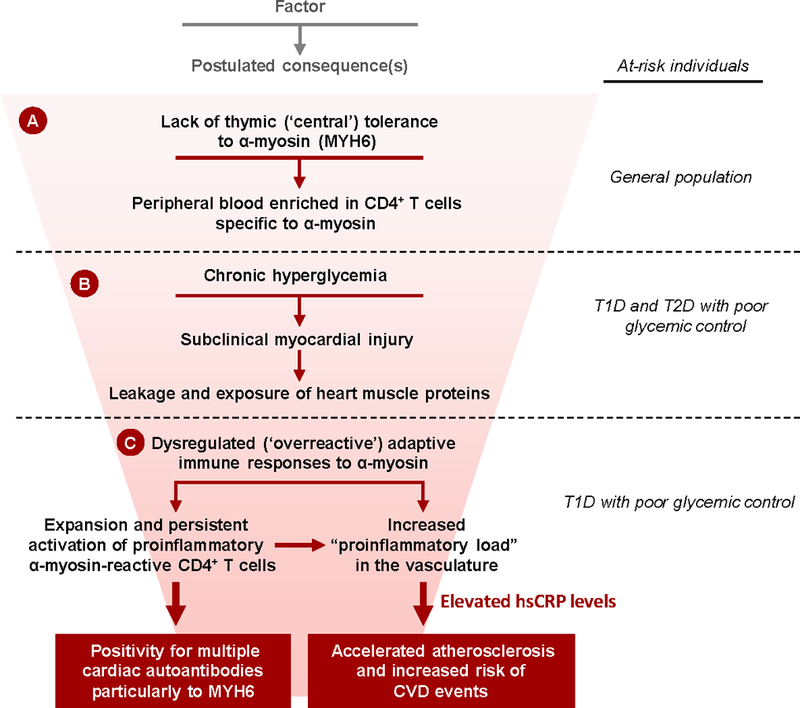Figure 5. Proposed scheme of how chronic hyperglycemia is associated with cardiac autoimmunity and increased risk of CVD in patients with type 1 diabetes.

A) Absent thymic expression of the α-isoform of myosin heavy chain (α-myosin, encoded by MYH6) is associated with high frequencies of CD4+ T cells specific to α-myosin in the peripheral blood of individuals in the general population20; B) In both type 1 and type 2 diabetes (T2D) patients, chronic hyperglycemia causes subclinical myocardial injury, leading to leakage and exposure of heart muscle proteins, including α-myosin, to the immune system; C) In T1D patients with poor glycemic control, the dysregulated adaptive immune system overreacts to myocardial injury, leading to the expansion of proinflammatory CD4+ T cells specific to α-myosin and the development of AAb to MYH6 and other cardiac antigens. This proinflammatory state is associated with elevated levels of the inflammatory marker, high-sensitivity C-reactive protein (hsCRP), and increased risk for accelerated atherosclerosis and CVD events.
